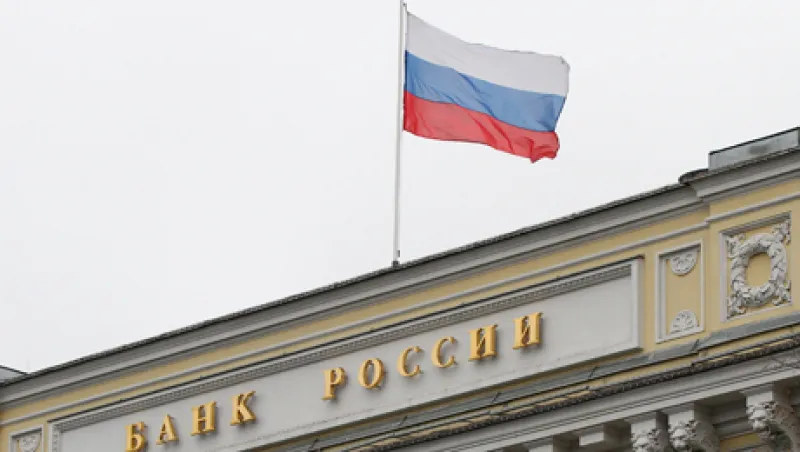
Russian Managers Find Growth in Bonds, Pensions
Many Russian money managers hemorrhaged assets this year, as our second annual Russia 20 ranking shows.
Craig Mellow
September 12, 2012


